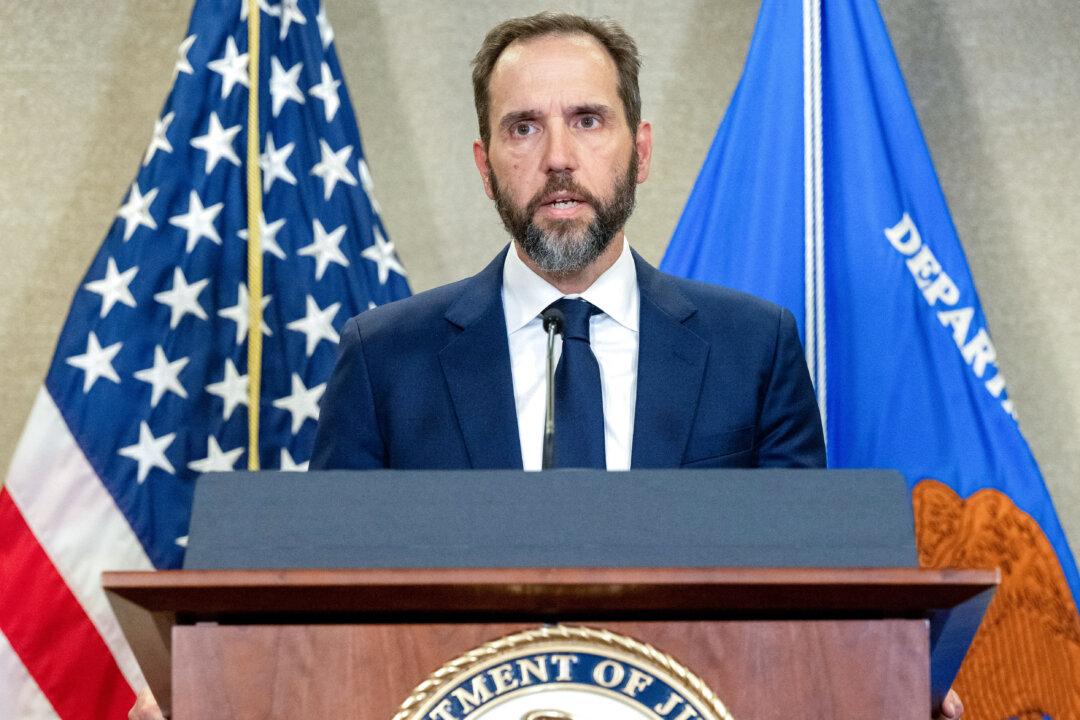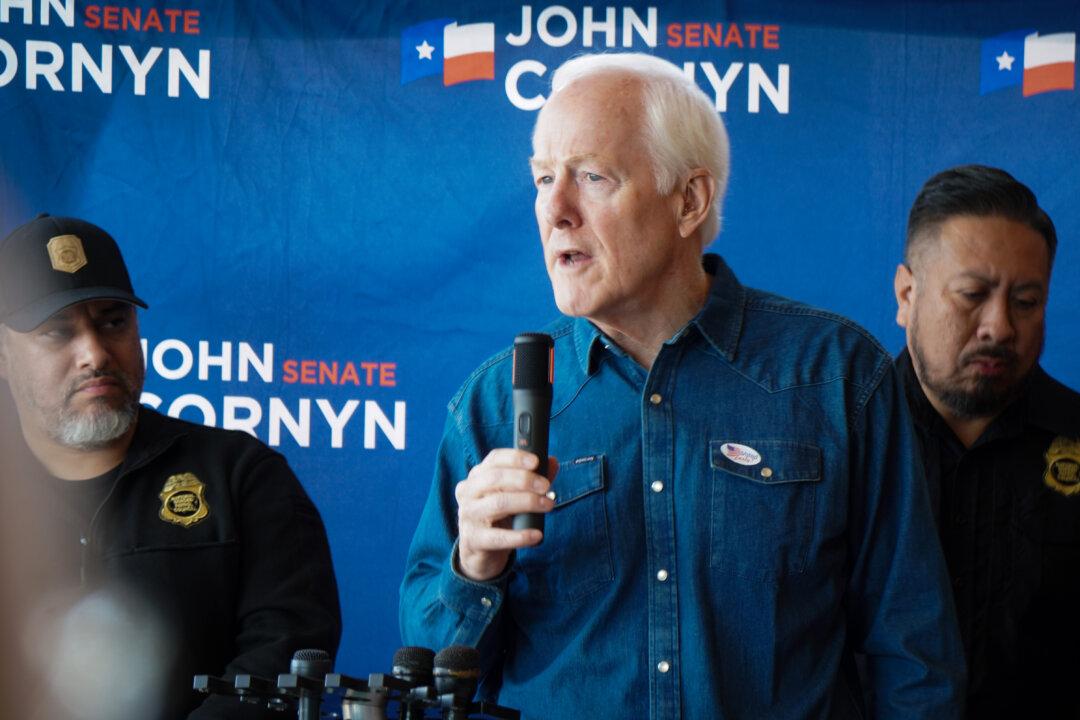D.C. Judge Tanya Chutkan unsealed a long-awaited immunity brief from Special Counsel Jack Smith on Oct. 2. The brief unveiled Trump and his associates’ communications while outlining Smith’s many arguments and indicating a long road ahead for pre-trial litigation.
Smith argued that the allegations remaining in his indictment contained non-immune conduct and alleged that “[a]lthough the defendant was the incumbent President during the charged conspiracies, his scheme was fundamentally a private one.”





